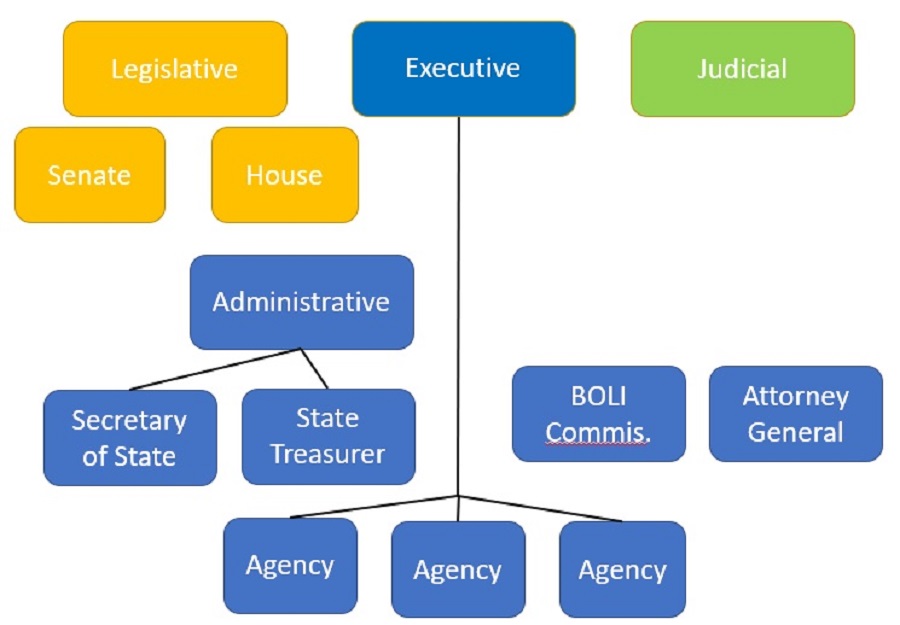





| Benton County Republicans’ Private Fundraising Event, “Bent-on Boots and Bling” with Trey Taylor |
| Friday, September 5, 2025 at 5:00 pm |
| Featuring Trey Taylor Music Private Event Friday, September 5, 2025 5:00-5:30 pm VIP Reception 5:30-8:00 pm Heavy Appetizers, Auction, Concert Red: $750 VIP Reception Front Row Table Sponsor White: $500 Table Sponsor Blue: $50 per person Limited Seating. Get Yours Now!!! Support Local Dress up: Bling, Cowboy, Patriotic Benton County Republican FUNDRAISER www.BentonGOP.org Get your tickets today at: https://www.bentongop.org/event-details/benton-county-republicans-fundraiser/form About Trey: Trey is the youngest African American Man in Country Music History. The Denver Post wrote "It's impossible to miss his enthusiasm. With a fondness for cowboy boots, gaudy colors and dazzling jewelry, Trey Taylor could stand toe to toe with any of the Pop, Country or even Rap contemporaries of his generation.“ |
| Trysting Tree Golf Club, 34028 NE Electric Rd., Corvallis |

Separation of powers. The powers of the Government shall be divided into three separate branches, the Legislative, the Executive, including the administrative, and the Judicial; and no person charged with official duties under one of these branches, shall exercise any of the functions of another, except as in this Constitution expressly provided.
Article III, Section 2 says it all starts with Legislative action:Budgetary control over executive and administrative officers and agencies. The Legislative Assembly shall have power to establish an agency to exercise budgetary control over all executive and administrative state officers, departments, boards, commissions and agencies of the State Government.
Once the legislature has created executive agencies and given them a budget and a mission, they are under day-to-day control of the executive -- The Governor.
| Post Date: 2020-12-02 19:50:38 | Last Update: 2020-12-03 10:23:17 |